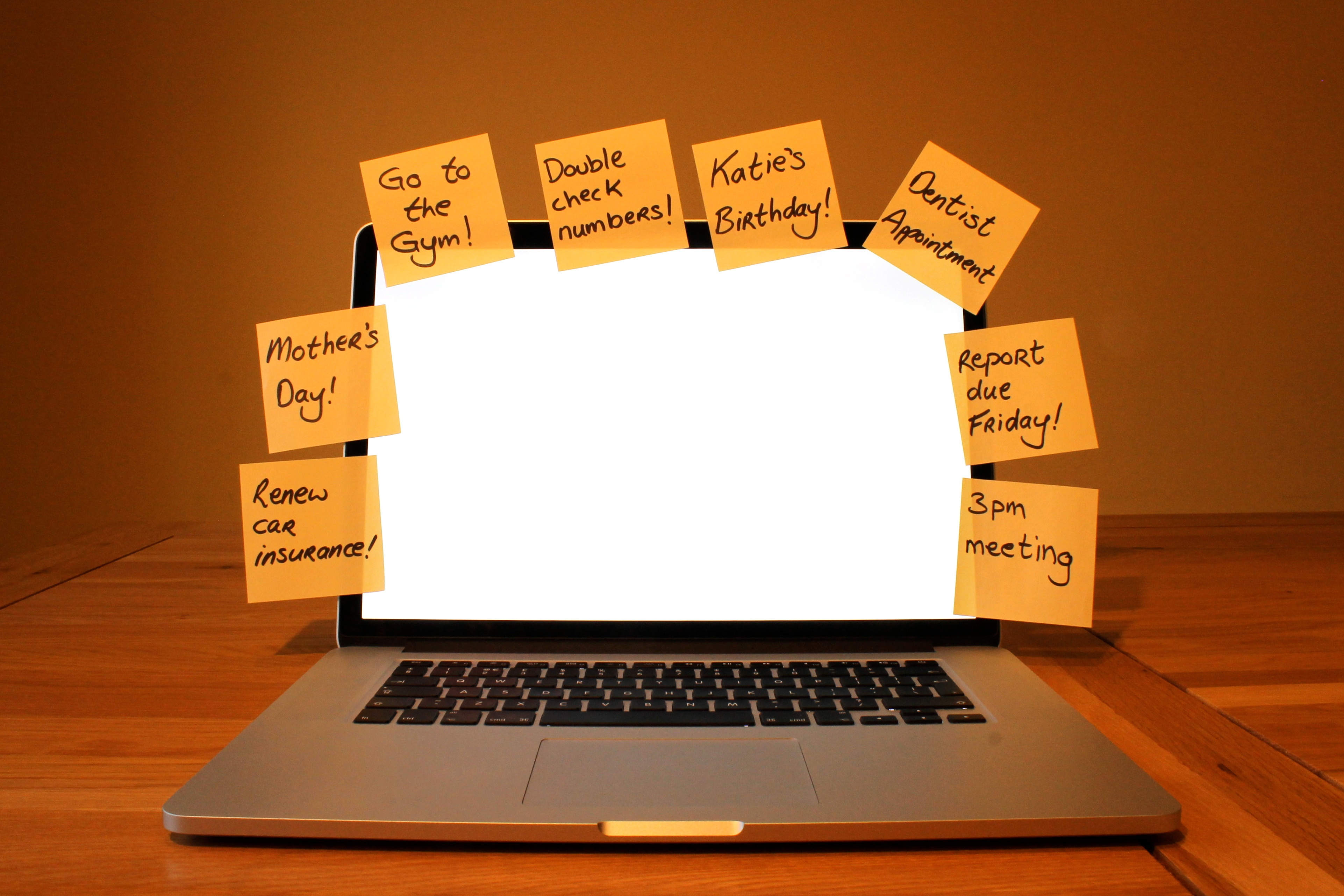Many associate procrastination with a lack of self-discipline. Procrastinating is a symptom, not a problem. Believe it or not, you have a really good reason for procrastinating, but you’re not listening! Usually, we’re too busy criticizing ourselves!
Learn an amazing process to accomplish far more this year!
Estimated reading time: 4.5 minutes ... unless you procrastinate! 😆

Bad Habits Are Outdated Emotional Programs
We all carry outdated behaviors that no longer serve us. These old habits may have worked long ago to help us postpone discomfort and feel safe. They might have enabled us in the past to get our needs met indirectly, but if you allow negative thought patterns or behaviors to control you today, your dreams will be thwarted and you’ll feel disempowered.
When we allow ourselves to get curious instead of beating ourselves up with criticism, wonderful things happen. The burden is lifted, and we breathe a little more freely. When we take the time to explore with compassion what’s fueling procrastination, we discover insightful answers previously hidden.
Related reading: "Is Procrastination Stealing Your Happiness?—and What to Do About It!"
4 Steps for Overcoming Procrastination
Take a moment right now and choose a task or long-term project you’ve been procrastinating on or a time of day when you tend to put things off. Next, follow the four simple steps below.
Your answers will give you powerful and practical solutions toward effectiveness and greater inner peace.

Create a sense of safety by peeling off the self-condemnation. One of the most important shifts we can make when exploring procrastination is to observe ourselves with acceptance and self-compassion. Judgment and criticism only keep us stuck. Get curious and lose the judgment!
Discovery how procrastination paralysis kept me stuck for way too long!

What legitimate need might be competing for your time, attention, and energy?”
When we are delaying a task or project that we desire to complete, there is often a legitimate need fighting to be fulfilled. Check in and see if you need something. It might be exercise, a drink of water, rest, or resolving a personal conflict.


For instance, you’ve been working long hours on a very important project. Your body is aching, there’s static in your mind, and your actions are ineffectual and scattered. You find yourself avoiding the last leg of your project. To avoid your feelings of guilt, you alternate between surfing the Internet (disguised as "more research") or listening to TikTok videos. However, they don't drown out the harsh self-talk aimed at “guilting” you back to work.
Let's look at the possible needs and reasons for procrastination.
Possible Needs Competing with Your Project:
1) The need of your body for movement.
Your body is aching for movement and exercise; after all, you've been sitting at that computer for 3 hours! Your body's need is competing with your mind and your desire to finish the project.

SOLUTION: Stop and exercise.
You’ll be far more productive! And you’ll be happier because you’ve made yourself a priority.
You may be saying, “I just don’t have time to exercise!” Of course, there may be situations where this could be true. If so, take whatever time you have available. Anyone can walk down to the water cooler and take a few deep breaths. Or get a jolt of movement and a new perspective by running up and down a flight of stairs to get the juices flowing. After your project is completed, figure out a time in your schedule and commit to regular exercise—then do it!
2) The need for a connected relationship with your spouse.
You’ve been ignoring your spouse and have canceled two lunch dates this week and worked late several times for work.
Check for a gnawing feeling inside that you may be stuffing. You might feel guilty for not making your spouse a priority. Or you could be longing for conversation, physical intimacy, or you genuinely want to spend time with your partner. Or they really fill you up and are one of your major supporters. Or you just flat-out miss them!
SOLUTION: Stop and connect.
Call your spouse and have a short but loving conversation or go for lunch and get refreshed. Productivity is highest when all parts of us are fully on board! Listen and take care of yourself in the middle of stressful times.
3) Your need for validation and appreciation is missing.
You discover some resentment toward your boss for unrealistic timelines and the expectation of working through lunch regularly. When looking a little deeper, you feel taken for granted and are reminded that you are also due for a review with raise that has been postponed several times.
SOLUTION: Talk to your boss.
Make a commitment to yourself that you will approach your boss about your concerns. Before you start up on the project again, send an email and ask for a meeting.
Then do a mind dump of all you've been storing inside. Write down and release all the pent-up emotions and revolving thoughts that have contributed to the stress.
Now, watch the energy and motivation flow back into you!
Our brains are pleasure-seekers. The more
you reward concentrated work and celebrate accomplishments—even small ones—with fun and pleasure, the more productive you'll become!
Invoke your “super brain” with this very concept and try it for yourself. It works!
So how to overcome procrastination? You don't overcome anything; you listen to what you need.
Self-care is foundational to all truly sustainable productivity. And sometimes, taking care of yourself means saying "no" more often!
When we follow our heart, self-discipline becomes unneeded. Self-discipline is only a cape on a person aligned with what's important to them. Commit to what really matters to you—then you won't procrastinate, and you’ll have time for taking care of YOU!
Just in case you're still thinking procrastination is a time management problem, think again. Read our blog: "Procrastination Is Not a Time Management Problem."
Check out our emotional intelligence online courses if you're looking to up-level your skill sets.










